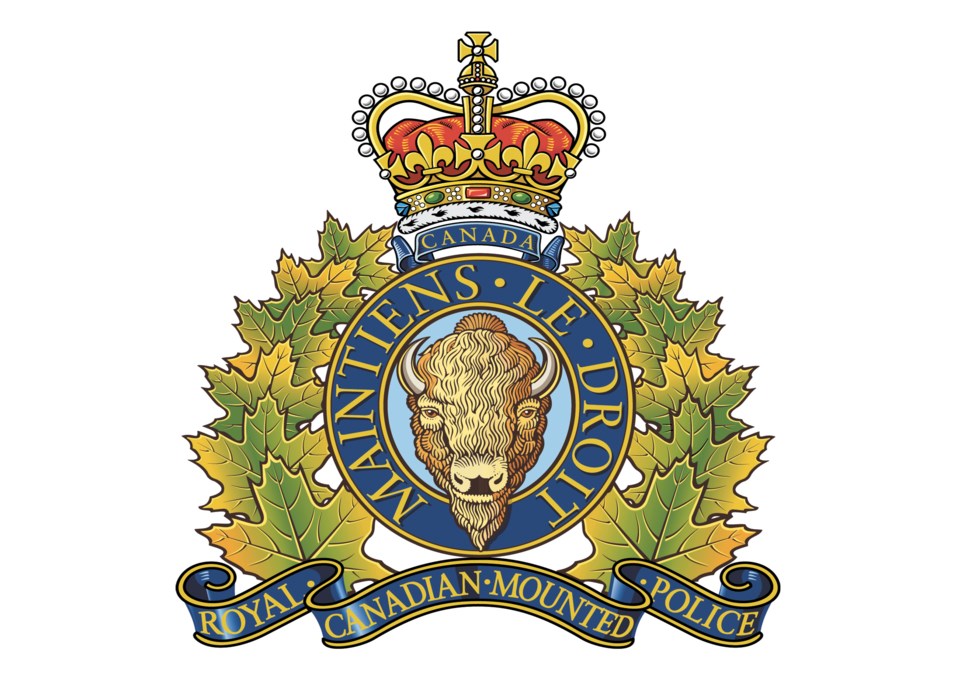OLDS — Revelations from an ongoing Red Deer RCMP investigation regarding the widespread use of counterfeit certificates did not seem surprising to the owner of a local business that provides first aid and CPR training as well as H2S safety courses.
“This has actually been an industry issue for quite a few years,” said Doug Rieberger, who owns Ultimate Safety Alberta. “A lot of people are willing to play by the rules and get their proper certificates and that in place. But there’s always been some people that have tried to work outside of the basic certifying rules.”
In a press release dated Nov. 4, the Red Deer RCMP issued a statement about an investigation into “a large-scale operation involving the creation and selling of counterfeit safety certificates.”
Authorities reported that information that has been uncovered indicates counterfeit certificates have been distributed throughout Alberta and possibly Western Canada.
“The investigation suggests there could be thousands of counterfeit certificates issued over a lengthy period. The investigation is continuing to uncover the scope of this operation,” reads a portion of the press release.
People suspected of being involved are being investigated for making and distributing the fraudulent certificates, which include but aren’t limited to H2S Alive as well as first aid and CPR, police said.
“Although the majority of the fraudulent activity took place in Alberta, information has led investigators to believe it also extends to other provinces. Two of the major certification organizations affected by this operation are Energy Safety Canada and the Canadian Red Cross.”
When Rieberger spoke with The Albertan late in the afternoon of Nov. 4, he confirmed having received information about the investigation through their industry certifying partners.
“They have kept us up to date on it,” he said. “They were just giving us the heads up that this has come down, that the RCMP of Red Deer are looking into this.”
It wasn’t the first time Rieberger heard about forgeries being passed off as valid certificates.
“We’ve had issues even within this area, with certificates that have been issued for students that have not completed courses,” he said.
But as police continue their investigation and specific details remain scarce, he wasn’t certain as to how the certificates were being faked in this instance.
“There is very little information at this point in time. So, I can’t comment as to the reason that these have been considered forgeries, because there’s many different reasons as to why they might be,” he said.
Ultimate Safety Alberta offers courses in first aid and CPR training through the Red Cross as well as H2S safety through Energy Safety Canada.
Asked approximately how many people are certified or re-certified annually through their operation, he off the top of his head couldn’t say for sure, but added “the last couple of years have been traumatically different to our industry” as a result of the pandemic.
How rigorous the certification process is largely depends on the protocols of the relevant safety organization involved, he said.
“But most of them are based on a practical skills portion as well as a written theory portion, and of course benchmarks or levels that they have to meet throughout the course," he said.
While most students successfully and legitimately obtain their certification, there are those who do fail, he said.
“It’s not that common of an occurrence,” he said in response to being asked about rates of failure, explaining that the courses are all written at a level that most people can read and understand.
“They’re designed for people to get the information and be able to succeed,” he said about the courses. “Even people that have issues or troubles with reading . . . there are systems in place if they have literacy issues.”
So, how can a prospective employer know for sure whether they’re looking at an authentic certificate or a forgery?
“Usually there’s some tell tale signs — like it looks like it’s been photocopied or not an original certificate, or looks like there’s been changes made to the certificate,” he said. “That’s usually your biggest indicators that it may not be authentic.”
In the event a certificate does not immediately seem fraudulent to the naked eye but a potential employer still has doubts about the document’s validity, he said the safety organization that issued the paperwork can double check.
“Our certifying partners — like Energy Safety Canada and Red Cross — they’ve all got systems in place to verify a certificate,” he said, adding options include calling the relevant organization directly or using online tools that allow a user to punch in the number on a certificate to determine if the person actually took and passed a course.
An online validation tool at energysafetycanada.com allows workers and employers to check the authenticity of certificates issued by Energy Safety Canada. If a certificate does not validate using the website tool, call 1-800-667-5557 or email [email protected] for more information and to get properly certified.
The Canadian Red Cross asks employers who may be impacted to verify any first aid and CPR training certificates received from employees by going online at myrc.redcross.ca and clicking on ‘validate certificate’ at the top of the webpage.
As both H2S Alive as well as First Aid and CPR certificates must be renewed every three years, employers are encouraged to review all certificates dated 2018 and newer, police said.
Since the investigation remains ongoing, the RCMP will for the time being not release any more details, but additional information will be provided once possible.



